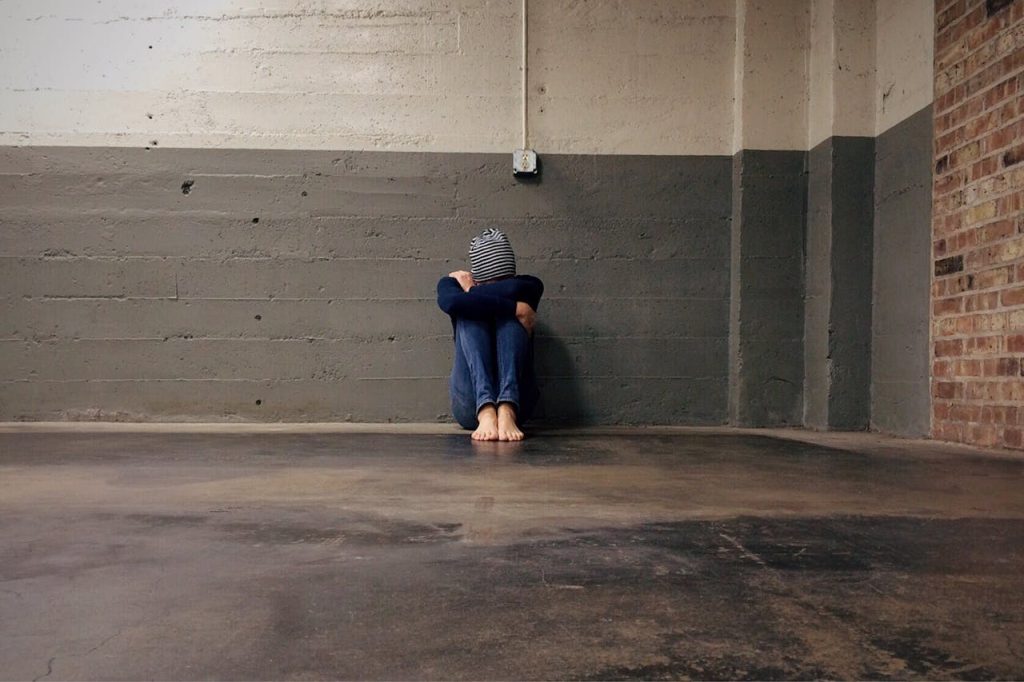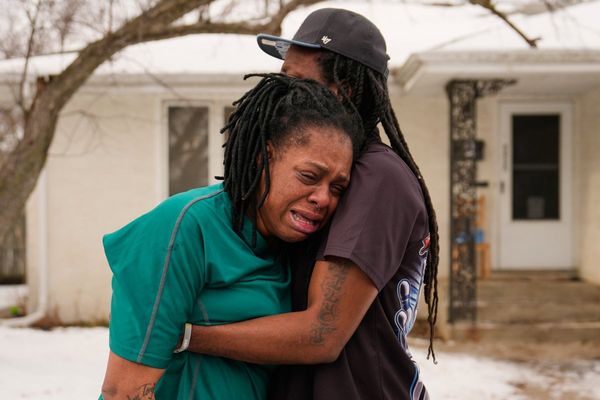
When you’re building a life with someone, the last thing you want to imagine is them facing hardship after you’re gone. Yet, there’s a legal loophole lurking in many people’s estate plans that could leave your partner homeless after you die. It’s a scenario that’s more common than you might think, and it doesn’t just affect the ultra-wealthy or the elderly. Whether you’re married, in a long-term relationship, or cohabiting, this issue could impact you and your loved one. Understanding how property laws and estate planning intersect is crucial to protecting your partner’s future. Let’s break down what you need to know—and what you can do to avoid this heartbreaking outcome.
1. The “Not Legally Married” Trap
If you and your partner aren’t legally married, you might assume that your years together automatically grant them rights to your home. Unfortunately, that’s not the case. In most states, if you die without a will (known as dying “intestate”), your assets—including your home—are distributed according to state law. Typically, this means your property goes to your closest blood relatives, not your partner. Even if you’ve lived together for decades, your partner could be left with nothing if their name isn’t on the deed or in your will. The number of cohabiting couples has risen dramatically, but the law hasn’t caught up. If you’re not married, make sure your estate plan specifically names your partner as a beneficiary.
2. Outdated Wills and Beneficiary Designations
Life changes, but sometimes our paperwork doesn’t. If you made a will or named beneficiaries on accounts years ago, those documents might not reflect your current wishes. For example, if your will still lists an ex-spouse or a parent as the beneficiary of your home, your partner could be left out in the cold. The same goes for retirement accounts and life insurance policies—these pass outside of your will, so you need to update them directly. Failing to update beneficiaries is one of the most common estate planning mistakes. Review your documents regularly, especially after major life events like marriage, divorce, or buying a home.
3. The Dangers of Sole Ownership
If only one partner’s name is on the deed, the surviving partner has no legal claim to the property unless otherwise specified in a will or trust. This is especially risky for unmarried couples, but it can also affect married couples in community property states if the home was purchased before marriage. If you want your partner to have a secure place to live, consider adding their name to the deed as a joint tenant with right of survivorship. This means that if one of you dies, the other automatically becomes the sole owner. Alternatively, you can create a trust that allows your partner to live in the home for their lifetime, even if the property eventually passes to someone else.
4. The Perils of Intestacy
Dying without a will—called intestacy—means the state decides who gets your assets. In many cases, this means your partner could be forced out of the home by your legal heirs, such as children from a previous relationship or distant relatives. Even if you think your family would “do the right thing,” emotions and money can complicate matters. The American Bar Association warns that intestacy laws rarely align with modern family structures. The only way to ensure your partner’s security is to have a clear, updated will or trust in place.
5. Mortgage and Debt Surprises
Even if your partner inherits your home, they may not be able to keep it if they can’t afford the mortgage or other debts attached to the property. Lenders aren’t required to let a surviving partner assume the mortgage unless their name is on the loan. This can lead to foreclosure, even if your partner is living in the home. To avoid this, talk to your lender about adding your partner to the mortgage or explore life insurance options that would pay off the loan if you die. Make sure your estate plan accounts for any debts that could impact your partner’s ability to stay in the home.
6. The Importance of Communication and Professional Help
Estate planning isn’t just about paperwork—it’s about open communication. Talk to your partner about your wishes and make sure you both understand what would happen if one of you died unexpectedly. Consulting with an estate planning attorney can help you navigate the legal loopholes that could leave your partner homeless after you die. Professionals can help you choose the right legal tools, whether that’s a will, trust, joint ownership, or another strategy. Don’t leave your partner’s future to chance or assumptions.
Protecting Your Partner Starts Now
The legal loophole that could leave your partner homeless after you die is real, but it’s also preventable. By understanding how property laws work, updating your estate plan, and communicating openly, you can ensure your partner has a safe and secure home, no matter what the future holds. Don’t wait for a crisis to take action. Protecting your partner’s home is one of the most loving things you can do.
Have you or someone you know faced challenges with estate planning or property rights? Share your story or advice in the comments below!
Read More
Who Pays? The Shocking Truth About Medical Bills After Death
7 Things That Can Go Terribly Wrong If You Don’t Have a Power of Attorney
The post The Legal Loophole That Could Leave Your Partner Homeless After You Die appeared first on The Free Financial Advisor.







